摘要:
 阅读全文
摘要:
 阅读全文
摘要:
 阅读全文
摘要:
 阅读全文
摘要:
 阅读全文
摘要:
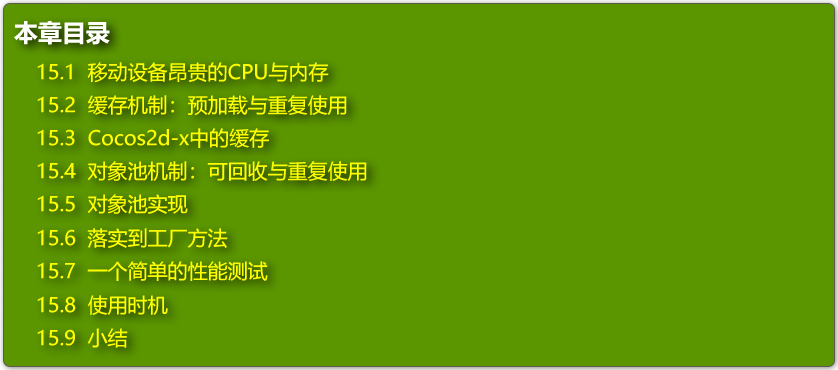 阅读全文
摘要:
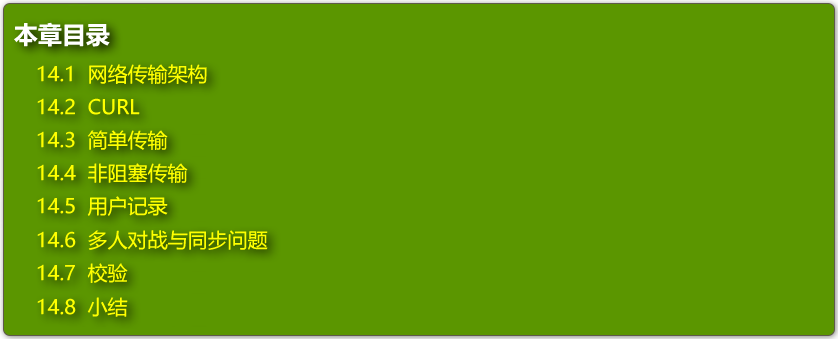 阅读全文
摘要:
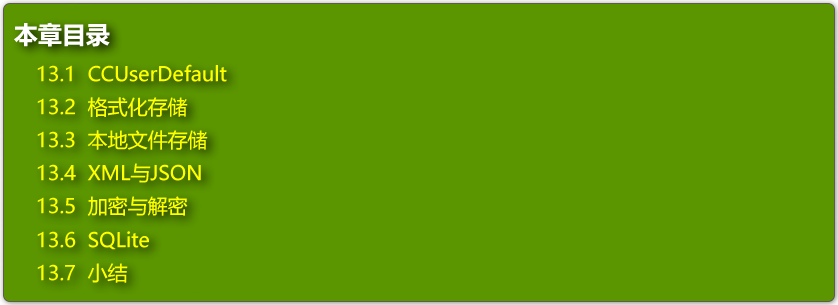 阅读全文
摘要:
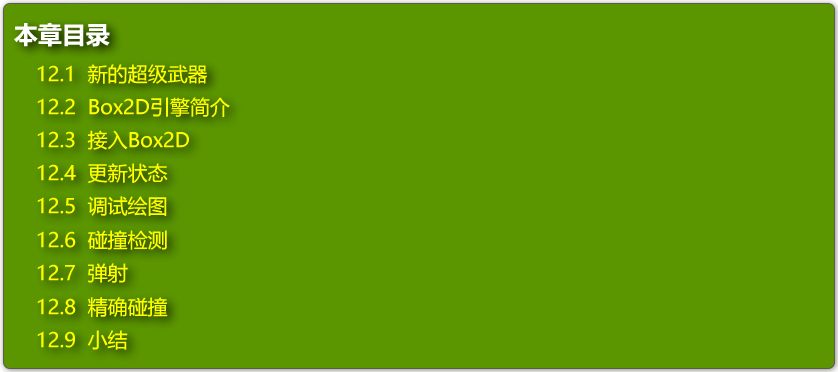 阅读全文
摘要:
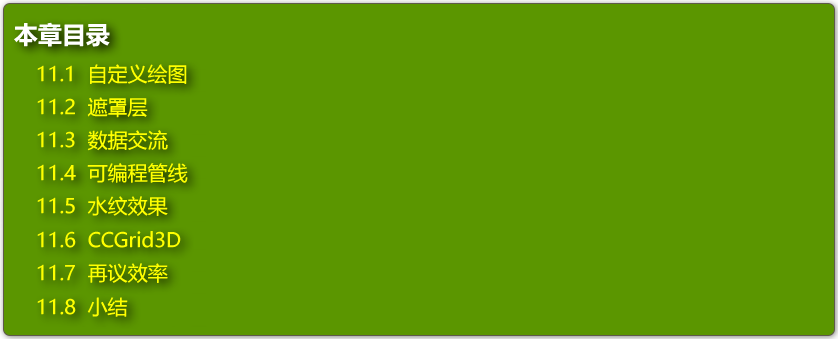 阅读全文
摘要:
阅读全文
摘要:
阅读全文
摘要:
阅读全文
摘要:
 阅读全文
摘要:
 阅读全文
摘要:
 阅读全文
摘要:
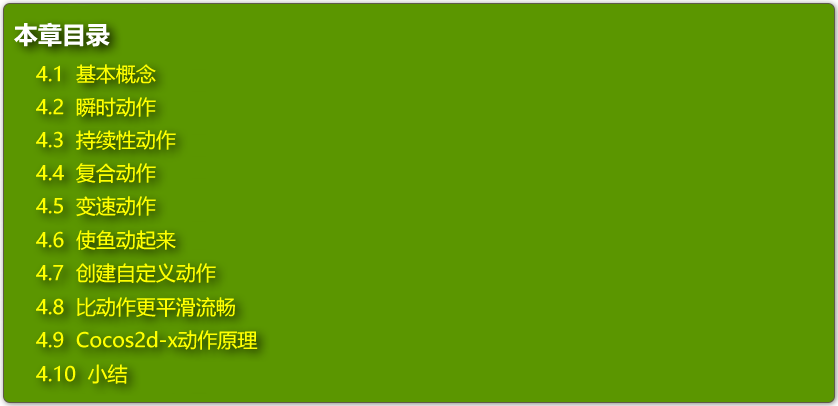 阅读全文
摘要:
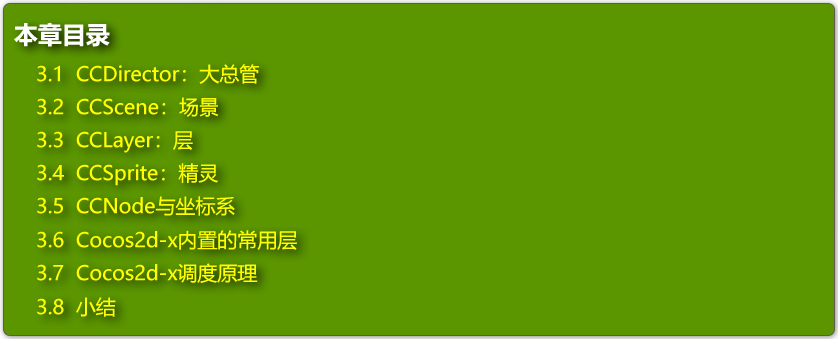 阅读全文
摘要:
经过上一章的学习我们已经可以开发一个简单的游戏项目了,包含一张背景图片和一个退出按钮,但距离一个完整的游戏还很遥远。在这一章中,我们先抛开Cocos2d-x来介绍一下游戏开发的基本概念,然后结合Cocos2d-x的特点介绍一些必备的的基础知识。最后做一个使用场景、图层和小精灵的例子来结束本章的学习。 阅读全文
摘要:
在这一章中,我们将与所有程序设计入门书一样,从Hello World这个最简单的例子开始介绍Cocos2d-x引擎。首先介绍一下Cocos2d-x的概况;然后搭建Windows下的开发环境,并动手实践第一个Hello World程序;接着分析Cocos2d-x程序的的基本结构;最后展示了各种例子。 阅读全文

